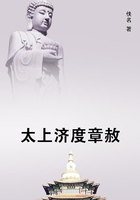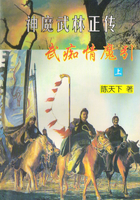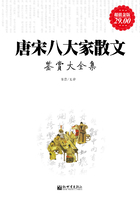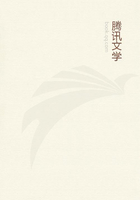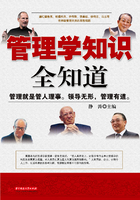The spirit of the Jacobites, broken by a succession of disasters, was, about this time, for a moment revived by the arrival of the Duke of Queensberry from London. His rank was high and his influence was great: his character, by comparison with the characters of those who surrounded him, was fair. When Popery was in the ascendent, he had been true to the cause of the Protestant Church; and, since Whiggism had been in the ascendent, he had been true to the cause of hereditary monarchy. Some thought that, if he had been earlier in his place, he might have been able to render important service to the House of Stuart.300 Even now the stimulants which he applied to his torpid and feeble party produced some faint symptoms of returning animation. Means were found of communicating with Gordon; and he was earnestly solicited to fire on the city. The Jacobites hoped that, as soon as the cannon balls had beaten down a few chimneys, the Estates would adjourn to Glasgow. Time would thus be gained; and the royalists might be able to execute their old project of meeting in a separate convention. Gordon however positively refused to take on himself so grave a responsibility on no better warrant than the request of a small cabal.301By this time the Estates had a guard on which they could rely more firmly than on the undisciplined and turbulent Covenanters of the West. A squadron of English men of war from the Thames had arrived in the Frith of Forth. On board were the three Scottish regiments which had accompanied William from Holland. He had, with great judgment, selected them to protect the assembly which was to settle the government of their country; and, that no cause of jealousy might be given to a people exquisitely sensitive on points of national honour, he had purged the ranks of all Dutch soldiers, and had thus reduced the number of men to about eleven hundred. This little force was commanded by Andrew Mackay, a Highlander of noble descent, who had served long on the Continent, and who was distinguished by courage of the truest temper, and by a piety such as is seldom found in soldiers of fortune. The Convention passed a resolution appointing Mackay general of their forces. When the question was put on this resolution, the Archbishop of Glasgow, unwilling doubtless to be a party to such an usurpation of powers which belonged to the King alone, begged that the prelates might be excused from voting. Divines, he said, had nothing to do with military arrangements. "The Fathers of the Church," answered a member very keenly, "have been lately favoured with a new light. I have myself seen military orders signed by the Most Reverend person who has suddenly become so scrupulous. There was indeed one difference: those orders were for dragooning Protestants, and the resolution before us is meant to protect us from Papists."302The arrival of Mackay's troops, and the determination of Gordon to remain inactive, quelled the spirit of the Jacobites. They had indeed one chance left. They might possibly, by joining with those Whigs who were bent on an union with England, have postponed during a considerable time the settlement of the government. A negotiation was actually opened with this view, but was speedily broken off. For it soon appeared that the party which was for James was really hostile to the union, and that the party which was for the union was really hostile to James. As these two parties had no object in common, the only effect of a coalition between them must have been that one of them would have become the tool of the other. The question of the union therefore was not raised.303 Some Jacobites retired to their country seats: others, though they remained at Edinburgh, ceased to show themselves in the Parliament House: many passed over to the winning side; and, when at length the resolutions prepared by the Twenty Four were submitted to the Convention, it appeared that the party which on the first day of the session had rallied round Athol had dwindled away to nothing.
The resolutions had been framed, as far as possible, in conformity with the example recently set at Westminster. In one important point, however, it was absolutely necessary that the copy should deviate from the original. The Estates of England had brought two charges against James, his misgovernment and his flight, and had, by using the soft word "Abdication," evaded, with some sacrifice of verbal precision, the question whether subjects may lawfully depose a bad prince. That question the Estates of Scotland could not evade. They could not pretend that James had deserted his post. For he had never, since he came to the throne, resided in Scotland. During many years that kingdom had been ruled by sovereigns who dwelt in another land. The whole machinery of the administration had been constructed on the supposition that the King would be absent, and was therefore not necessarily deranged by that flight which had, in the south of the island, dissolved all government, and suspended the ordinary course of justice. It was only by letter that the King could, when he was at Whitehall, communicate with the Council and the Parliament at Edinburgh; and by letter he could communicate with them when he was at Saint Germains or at Dublin. The Twenty Four were therefore forced to propose to the Estates a resolution distinctly declaring that James the Seventh had by his misconduct forfeited the crown. Many writers have inferred from the language of this resolution that sound political principles had made a greater progress in Scotland than in England. But the whole history of the two countries from the Restoration to the Union proves this inference to be erroneous. The Scottish Estates used plain language, simply because it was impossible for them, situated as they were, to use evasive language.

